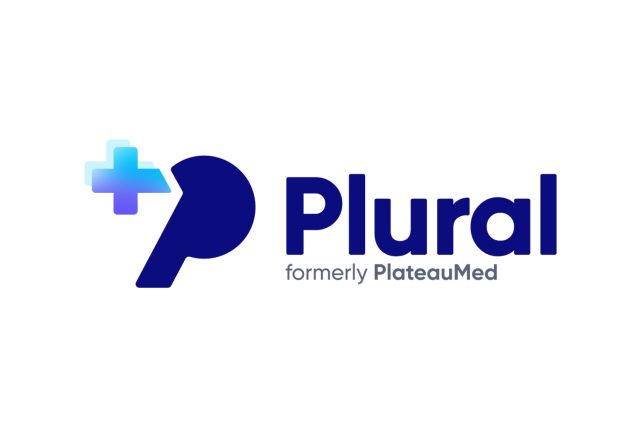Plural Health, a Nigerian health technology company formerly known as Plateaumed, has unveiled a renewed mission to tackle one of Africa’s most persistent healthcare challenges: fragmentation.
With its rebranding and expanded focus, Plural Health aims to bridge the gaps between healthcare providers, insurers, governments, and patients through intelligent, interoperable digital platforms.
Despite efforts across African countries to achieve universal health coverage, a lack of coordinated digital systems continues to hinder progress. Issues such as disconnected hospital databases, delayed insurance processing, and inaccessible patient records remain widespread.
Plural Health seeks to resolve these challenges with a suite of integrated platforms tailored for African healthcare environments. Among them is **NeoEHR**, an electronic health record system that supports clinical workflows, patient records, inventory, and integrates payment systems directly into the care process.
The NeoInsure platform helps health insurers automate claims, reduce fraud, and facilitate digital enrollment via USSD and mobile apps—tools crucial for reaching low-income and rural populations.
For patients, myNeo serves as a mobile interface that allows users to view diagnoses, access lab results and prescriptions, and track appointments—even across multiple healthcare providers.
“Healthcare in Africa doesn’t suffer from a lack of digital tools—it suffers from a lack of systems that work together,” said Dr. Dare Ladejobi, Chief Executive Officer of Plural Health. “We’re not just launching products. We’re building the connective infrastructure that makes care delivery smarter, faster, and more equitable.”
Ladejobi noted that while digital solutions are increasingly available across the continent, many remain siloed and unable to share data or scale efficiently. This disjointed approach, he said, results in inefficiencies, duplicated efforts, and poor patient outcomes.
Plural’s platforms are designed to serve both public and private sector stakeholders, from government-backed insurance schemes and HMOs to hospital networks. Already, the company has facilitated over one million patient encounters across more than 60 healthcare facilities in Nigeria.
During the COVID-19 pandemic, Plural’s team developed triage tools using WhatsApp, USSD, and IVR technologies to support Nigeria’s federal response—a demonstration of how digital infrastructure can be rapidly deployed in crisis scenarios.
“Beyond the rebrand, our emergence as Plural is a strategic shift,” Ladejobi said. “We are building a backbone for Africa’s digital health future—one that doesn’t just digitize healthcare, but connects it.”







